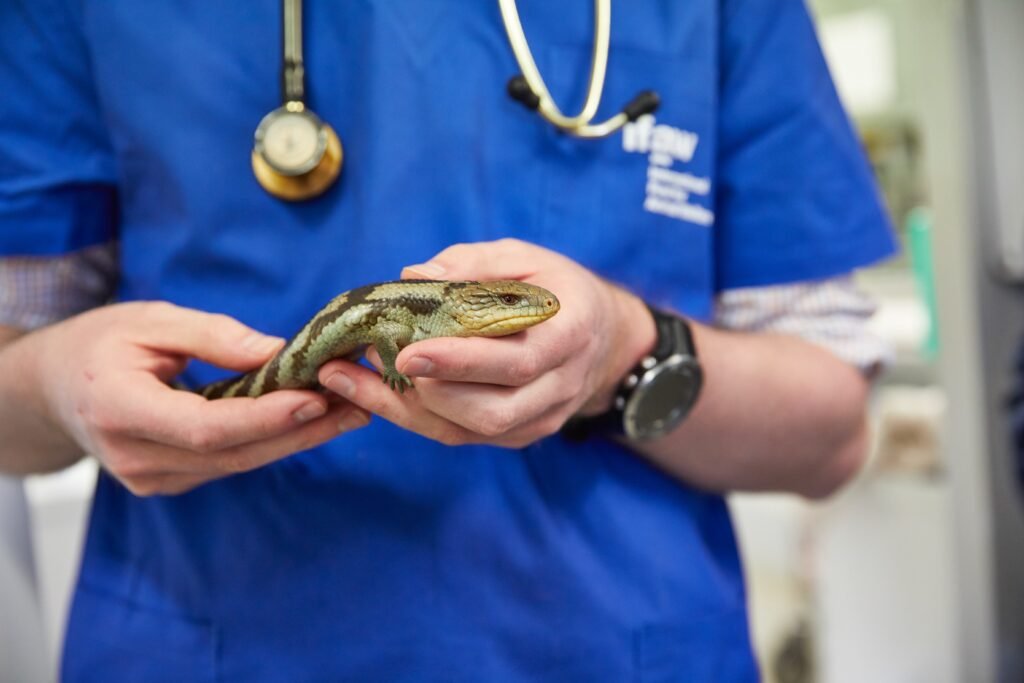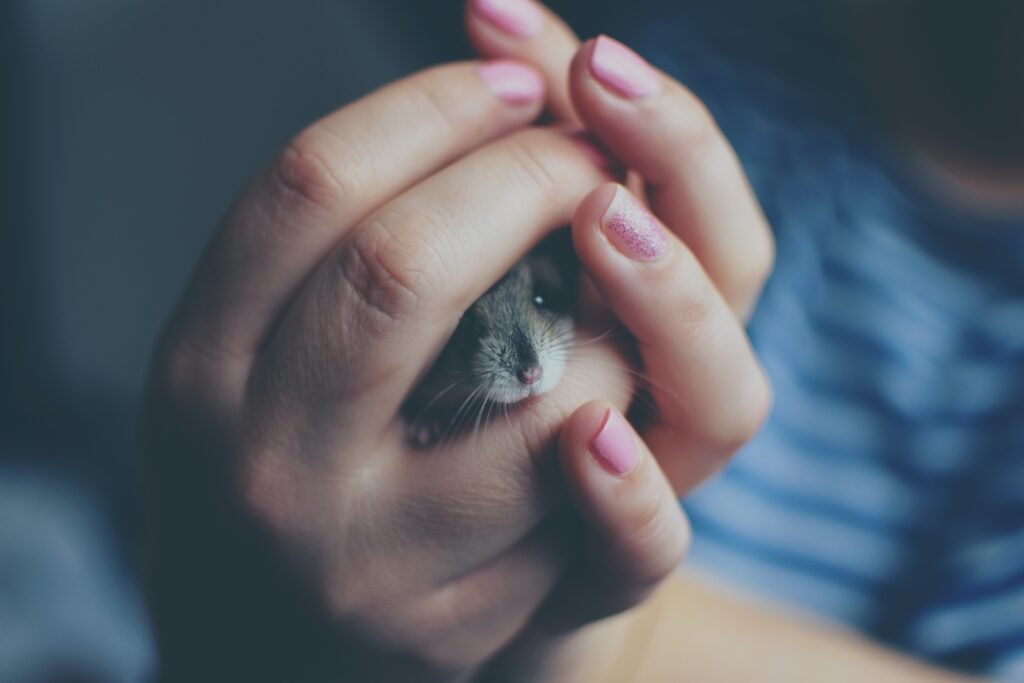How to choose an unusual pet?
As an animal lover, you may develop a desire to own a cute, cuddly wild animal that you see on TV programs—choosing an unusual animal as your pet is not so simple. It would be best to research because most have unusual habits that might not coincide with your lifestyle. Like they may be nocturnal and squeal all night or bang their cage for attention. Most may also have abnormal eating habits, and most don’t even like to be cuddled. All exotic animals bite, and many can also carry diseases. So, complete your homework before adopting a new family member. That is unusual. Below I mention some points that will help you to choose the right unusual pet.
1) Choose unusual domesticated animals as your pet.
The best option is to choose domesticated exotic animals that have been developed and kept as pets for generations from a reputable independent pet store. It is inhumane and selfish if you choose an unusual animal captured from the wild and sold into the pet trade. It is also illegal in many jurisdictions.
Domesticated unusual pets are barely more challenging to care for than a houseplant, while wild pets require half your life in attention, space, and care. Plus, unusual wild animals can be tamed but never domesticated. They are still wild at heart. Things you do may provoke the instinct to escape or war, and you remain unaware of what you have done.

2) Find a Vet before adopting an unusual specie.
Most vets will refuse to treat exotic animals even if they are dying. Before you adopt any pet, make sure you have a veterinarian within a 45-minute drive of your house who will be able to care for that exotic pet. You do not want to have a sick or injured animal and only then discover no vets in your area will care for it.

3) Consult local laws
The USDA issues permit the keeping and breeding certain exotic species, whether captured from the wild or bred. Since 2014, most US states have forbidden or regulated the possession of exotic pets, but five states have no license or permit requirements. So, before you consider keeping an exotic pet, please consult your local and national laws regarding that pet type.
4) Permits for unusual pets cover you and your home.
It means you have to go without vacations until the exotic animal lives. Plus, you can’t find a pet sitter or boarding facility for your unusual pet. You cannot take it with you, and If you cross state lines with it, your permit will no longer cover you, and the animal will be seized and probably destroyed.
5) Talk to your landlord.
Landlords do not like exotic pets at all as they are unusually disturbing. So talk to them before bringing an unusual animal to their home. Otherwise, be prepared to evacuate the rented house.
6) Avoid the illegal purchase of unusual pets.
Most people purchase exotic pets from dealers and alleged breeders, who are also often smugglers. That is illegal, can lead to fines or arrest, and sometimes may cost your pet’s life.
Make sure the company purchasing the unusual animal is legal, and complete all USDA and vaccination paperwork before adopting.
7) Choosing borderline unusual animals is a clever move.
If you have prepared your mind to adopt an unusual pet, then prefer borderline exotic animals, types of animals that have become more common and may no longer be considered strange. For example, some pet reptiles like snakes and some small rodents like hedgehogs were once regarded as rare but have increasingly gone mainstream as a type of pet.

8) Do in-depth research about your unusual pet’s specie.
Each animal is different, and you need to modify it accordingly. Ask friends with similar pets, check out books from the library, and use search engines to learn about your pet’s breed or species. Be flexible once you bring your pet home. Pets have attitudes and will have different likes and necessities.
9) Be realistic about unusual pet expenses.
Don’t forget the ongoing costs of caring for a pet. You need to factor in the price of regular food purchases and whether you can afford to take your pet to the veterinarian for preventative care, not just emergency care. That’s essential to keep the pet healthy and can be costly.
10) Know their needs
Each pet has its own needs and requirements. For example, rodents like hamsters, guinea pigs, gerbils, and chinchillas can not live on their own like rats and will need same-sex or neutered companions. Research the different animals to see if the one you want will need a friend or not.
11) Prepare your home for unusual pets.
It’s the last but most essential part of your preparations before bringing an unusual pet to your home. Create safe boundaries or safe spaces according to your pet’s type. Otherwise, the birds may dart out of open windows, lizards scamper around the house, and foxes may run into the street and eat your neighbor’s pet. Remove any harmful objects like knives or poisonous food. If you want your unusual animal to have outside time, consider putting in a fence.
Take away
Aim to adopt your pet during a relatively quiet time in your life so you can avoid undue stress because of your unusual pet, plus choose domesticated species.
Always keep in mind that most unusual animals are wild. No matter how much you try to tame them, they will still acquire their instincts, that is, to hunt. Plus, taking these animals from their natural habitat in great numbers with other threats like habitat loss can threaten their survival.
